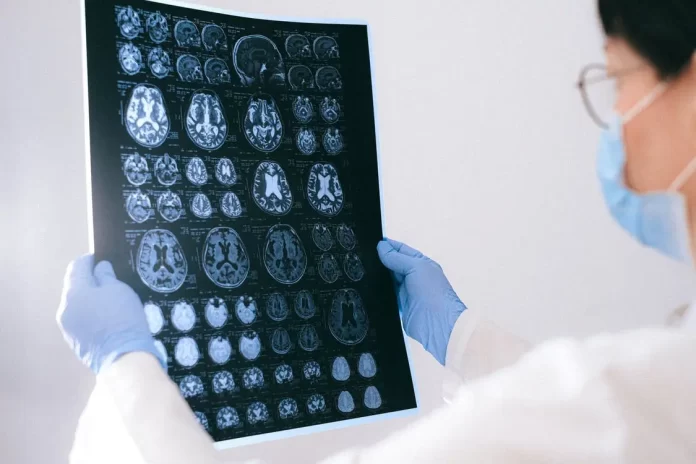Last updated on September 1st, 2022 at 04:41 pm
Today is World Brain Tumor Day, a day to raise awareness of brain tumors and their effects on people’s lives. While brain tumors can occur in anyone, they are more common in children and young adults. Symptoms can include headaches, nausea, seizures and vomiting.
1. What is World Brain Tumor Day?
World Brain Tumor day is celebrated on 8th June to create awareness about brain tumors, their causes and symptoms. This day also provides an opportunity to share information on the latest research and treatments. Brain tumors can be benign or malignant. They can occur at any age, but are most commonly diagnosed in people over the age of 60.
Symptoms of a brain tumor may include headaches, seizures, nausea, vomiting, weakness, balance problems, and changes in vision. If you or someone you know has been diagnosed with a brain tumor, please remember that you are not alone. There are many resources available to help you.
2. What are the effects of brain tumors?
When it comes to brain tumors, there can be a lot of different effects that they can have on a person. Some of the more common effects are seizures, headaches, nausea, and vomiting. However, depending on the size and location of the tumor, there can be a whole host of different effects. For example, a tumor that is located in the frontal lobe may cause problems with speech, while a tumor in the cerebellum may cause problems with balance and coordination. In some cases, brain tumors can even lead to paralysis. So, as you can see, there can be a wide range of effects that brain tumors can have on a person.
3. How can you raise awareness of brain tumors?
There are many ways that you can raise awareness of brain tumors. One way is to talk to your friends and family about the signs and symptoms of brain tumors. You can also share information about brain tumors on social media. You can also contact your local cancer center or hospital to see if they offer any educational programs about brain tumors.
4. What are the treatments for brain tumors?
A brain tumor is a mass or growth of abnormal cells in your brain. Brain tumors can be
- cancerous (malignant)
- noncancerous (benign).
Most brain tumors start in the brain cells (glial cells) that surround and support the nerve cells. These cells make up the “glue” (myelin) that helps keep the nerve cells healthy and functioning.
Brain tumors can be difficult to treat because the brain is protected by the skull. This makes it hard for doctors to reach the tumor with surgery or other treatments.
The type of brain tumor you have, its size and location, your age and overall health, and how well you tolerate certain medications, surgeries, and therapies are some of the things that will affect your treatment options.
Depending on these factors, treatment for a brain tumor may include surgery, radiation therapy, Chemotherapy, and Targeted drug therapy.
5. What is the prognosis for brain tumors?
Most brain tumors start in the glial cells, which make up the supportive tissue of the brain. The two main types of glial cells are astrocytes and oligodendrocytes.
The prognosis for a brain tumor depends on the type of tumor, its location, and the stage of the disease. Benign brain tumors tend to have a better prognosis than malignant tumors.
Treatment for a brain tumor often involves surgery, radiation therapy, and chemotherapy. The goal of treatment is to remove the tumor and improve the patient’s quality of life.
6. How can you support someone with a brain tumor?
If you have a friend or family member who has been diagnosed with a brain tumor, you may be wondering how you can best support them. Here are a few ideas:
Firstly, try to be a good listener. Brain tumor patients may not always feel like talking, but it can be helpful to have someone to listen when they need to express themselves.
Secondly, offer to help with practical tasks. This could include things like cooking, cleaning, or running errands.
Thirdly, provide emotional support. This might involve simply being there for your loved one, or it could involve attending doctor’s appointments with them or providing moral support during treatment.
Fourth, try to be understanding and patient. A brain tumor can be a very daunting diagnosis, and patients may experience a wide range of emotions.
Lastly, educate yourself about brain tumors. The more you know, the better equipped you’ll be to support your loved one through their diagnosis and treatment.
7. What is the future of brain tumor research?
The future of brain tumor research is very exciting. Scientists are constantly finding new ways to treat and cure this disease. With new treatments and cures being found all the time, the future looks bright for those suffering from this disease.
In honor of World Brain Tumor Day, we are calling on everyone to learn more about this disease and how to support those affected.




